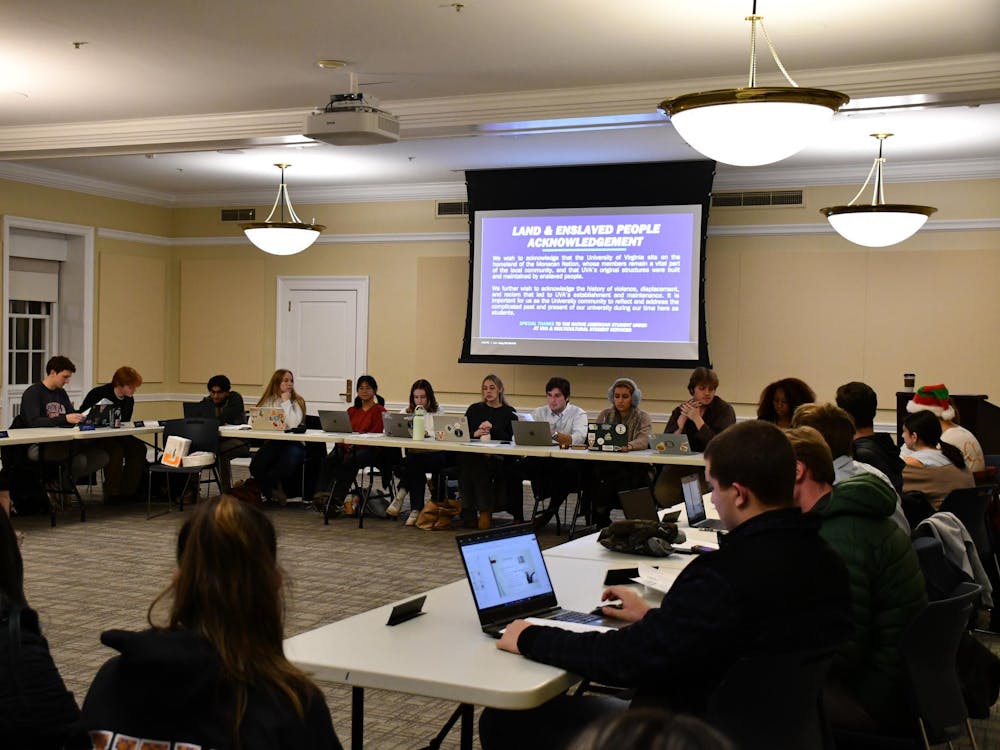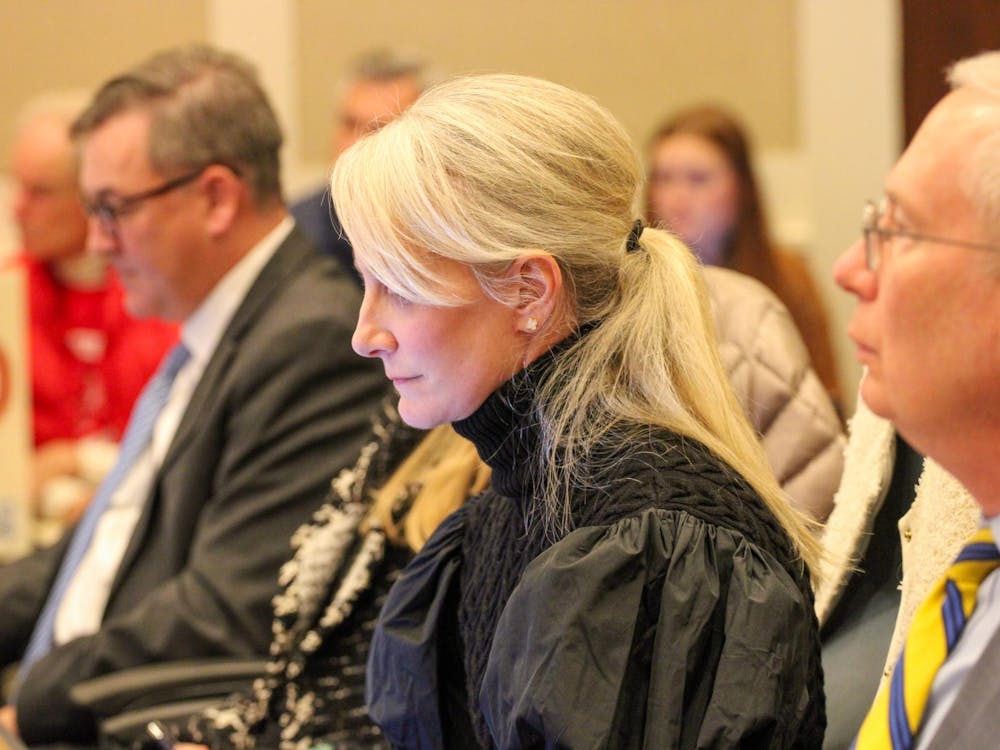At the dawn of the new millennium, the Internet already has proven itself an invaluable asset in the fields of business, law and science. Access to vast sources of up-to-date information is as simple as the click of a mouse button. Now, as 2000 approaches, the Internet is poised to change the way doctors practice clinical medicine.
University researchers and clinicians are among the first in the nation to use palmtop PC computers in evaluating patients and recommending the most effective, evidenced-based course of action. The 40 or so hand-held units in current use run a software program called "InfoRetriever."
InfoRetriever was developed by clinicians at both Michigan State University and the University. InfoRetriever is a database containing information drawn from Internet medical information warehouses such as Cochrane, the Journal of Family Practice and recommendations from the United States Preventative Services Task Force.
Every three months, information is compiled and put on CD-ROM discs, said Dr. David Slawson, University Department of Family Medicine associate professor.
"InfoRetriever is the first software to bring together many different kinds of high-quality, highly relevant medical information in a single user-friendly interface," said Dr. Mark Ebell, of the Michigan State University Department of Family Practice. "It is also the first to deliver this information for both hand-held and desktop computers."
Consider the following real-life scenario: Last February, Slawson was sitting at his desk when he received a telephone call. A 43-year-old female patient had just been admitted to the University Hospital Emergency Room with pneumonia.
While the woman was in no immediate danger, the ER physician examined her as a matter of routine. Conventional medical dogma recommends to a the hospital stay until conditions improve, but an unconventional course of action was decided upon.
Slawson, the inpatient attending that day was called because the physician saw it as a chance to test the system. Slawson pulled up a "prognosis calculator" on his desktop computer.
After entering a few facts about the patient, he determined that her odds of dying would be over two times higher if she were to be admitted to the hospital than if she were to recover at home.
Fortunately for this individual, this 20-second diagnosis effectively saved her considerable out-of-pocket expenses, relieved her insurance company of having to pay expensive hospital bills, and allowed her a faster recovery.
Not only can this system assist physicians to make better, evidence based medical decisions, but it also can dramatically demonstrate to patients in the clinic how simple alterations in their lifestyles can allow them to live longer and healthier lives.
For example, InfoRetriever can access various evidence-supported health care "calculators" that will show how living a healthier lifestyle would impact their lives. Click on giving up smoking, and the risk of a heart attack drops by 10 percent. Combine this with reducing fat intake and the risk plummets by another 5 percent.
Clinicians in the Dept. of Family Medicine have been using the system since September. Other departments including obstetrics-gynecology and emergency medicine have inquired about the program, Slawson said.
He said he is convinced that this system will allow people to "live longer and/or better. The information is out there, but it [usually] takes too long to access." In today's Information Age, "most clinicians suffer from too much information. We just need a way to efficiently access it."
"Doctors thirsty for information are drowning in a sea of useless facts," said Dr. Allen Shaughnessy, director of research at Harrisburg Family Practice Residency and co-developer of the Inforetreiver.






